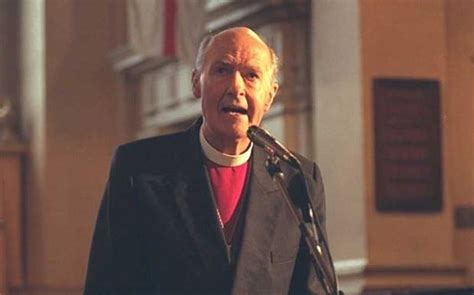A Quote by Rachel Naomi Remen
Ours is not a culture that respects the sick, the old or the vulnerable. We strive for independence, competence, and mastery. In embracing such 'frontier' values, we may become intolerant of human wholeness, contemptuous of anything in ourselves, and in others, that has needs or is capable of suffering. The denial of a vulnerability is the ultimate barrier to compassion.
Related Quotes
The essence of love and compassion is understanding, the ability to recognize the physical, material, and psychological suffering of others, to put ourselves "inside the skin" of the other. We "go inside" their body, feelings, and mental formations, and witness for ourselves their suffering. Shallow observation as an outsider is not enough to see their suffering. We must become one with the subject of our observation. When we are in contact with another's suffering, a feeling of compassion is born in us. Compassion means, literally, "to suffer with."
Spirituality emerged as a fundamental guidepost in Wholeheartedness. Not religiosity but the deeply held belief that we are inextricably connected to one another by a force greater than ourselves--a force grounded in love and compassion. For some of us that's God, for others it's nature, art, or even human soulfulness. I believe that owning our worthiness is the act of acknowledging that we are sacred. Perhaps embracing vulnerability and overcoming numbing is ultimately about the care and feeding of our spirits.
The root of compassion is not empathy; that is kindness. Kindness is great, but it is not the ultimate compassion. Ultimate compassion relieves the suffering that comes from separateness. The suffering that comes from separateness is relieved only when you are fully present with another person, not when you are separately present.
Witness the American ideal: the Self-Made Man. But there is no such person. If we can stand on our own two feet, it is because others have raised us up. If, as adults, we can lay claim to competence and compassion, it only means that other human beings have been willing and enabled to commit their competence and compassion to us--through infancy, childhood, and adolescence, right up to this very moment.
One of the primary conditions for suffering is denial. Shutting our mind to pain, whether in ourselves or others, only ensures that it will continue. We must have the strength to face it without turning away. By opening to the pain we see around us with wisdom and compassion, we start to experience the intimate connection of our relationship with all beings.
Character is revealed in the power to discern the suffering of other people when we ourselves are suffering; in the ability to detect the hunger of others when we are hungry; and in the power to reach out and extend compassion for the spiritual agony of others when we are in the midst of our own spiritual distress.



































